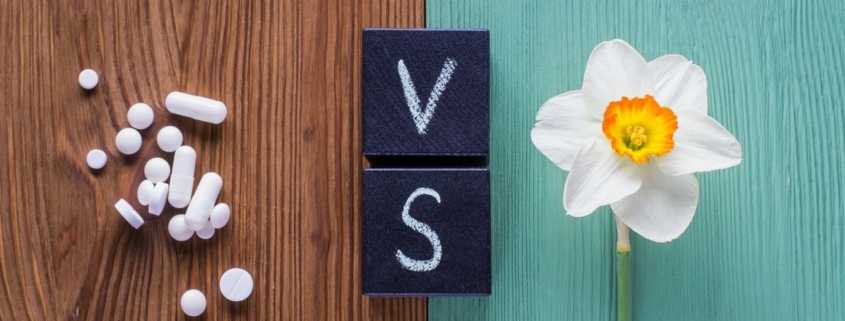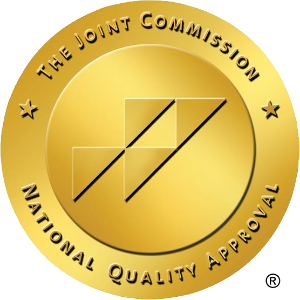Shame and guilt are often discussed in the same breath. Both are personal feelings that often creep up on us after we do something that we regret. Shame is a self-conscious feeling associated with a negative evaluation of self, while guilt is us feeling bad about breaking some rules. Both of these feelings are very relevant to everyone, but they are even more relevant to people going through a journey of recovery and sobriety.
Guilt, Addiction, and Recovery
Guilt is tricky for people struggling with addiction or working towards recovery because it can be a double edged sword. For some the feelings of guilt can drive them towards asking for help and entering into recovery, while the same feelings of guilt can cause people to continue to use drugs or even relapse.
Many things can cause these feelings of guilt, but it is likely that recalling how you acted when under the influence of drugs or alcohol is the root cause. Additionally, how you treated people close to you while intoxicated or other actions you regret are often the root source of the guilty feelings.
Shame, Addiction, and Recovery
While guilt is something you feel outwardly, shame can feel much more personal and harder to deal with. Guilt comes and goes in waves, but shame can build up to become an ever present negative weight in your life. Thus, shame can work to make recovery seem impossible and quitting seem like a lofty goal.
Shame often causes you to withdraw into yourself, avoid social situations, and even may lead to more drug use or a relapse. The lack of an outward expression of shame is really what makes it so hard to deal with. The low self esteem and lack of self belief are detrimental to making large life changes. It simply must be dealt with.
How to Heal from Guilt
Once you have embarked on your journey and are committed to changing for the better, it is time to heal from your guilt. Surprisingly, guilt is not the hardest feeling to get over, you just need to follow a few steps.
First, you need to admit your guilt to yourself and truly come to terms with why you feel guilty and that it is time to move on. Now that you have come to terms with your guilt it is time to make things right. As uncomfortable as apologizing for your actions and bringing up sore subjects can be, it is something you must do. Not everyone will accept your apology right away but admitting you were wrong and that you are now trying to change is usually something people will appreciate.
Finally, after working out your issues with people close to you, you must forgive yourself. That means you have to put the guilt in your past and stop beating yourself up while still learning from your mistakes.
How to Heal from Shame
Shame is a little more difficult to deal with than guilt, but healing from it is a similar process. First you must realize when you are shaming yourself and work towards remaining positive. Instead of saying “oh I always do this” or “this always happens to me” you should acknowledge that mistakes happen and not beat yourself up over it. As you continue to grow you should make sure that you continue to identify feelings of shame and work to minimize them.
Finally, you must work to build up and redefine your self worth. This last step is a little abstract but basically you need to stop labeling yourself as a “failure” or “loser” and start accepting your flaws and changing how you picture yourself. It is very helpful to dwell on positive moments and remember how much better it feels to view yourself in that light.
Guilt and Shame in a Life of Recovery
While guilt and shame can easily seem like yet another challenge in your life of recovery, in reality they are handled in much the same way as handling your addiction. This allows you to work on all of these feelings all at once, making growing as a person far less daunting than you would think.
While you progress on your journey of recovery that is also a recovery from guilt and shame, you must try to shorten your guilty moments and expand your feelings of joy. When you are feeling guilty you must identify it quickly and then immediately address it, learn from it, then move on. You will find that handling guilt in a business type manner will make the bouts far shorter and help you stay positive and on track.
Once you master handling guilt you need to start changing the way you think about the world and yourself. When you start to feel down you must work quickly to find out if it is shame or some other form of sadness. If it is shame, you must positively reinforce yourself and remind yourself that no one is perfect and that mistakes happen. Looking at shame critically often can make it feel silly and small, making it far easier to move on.
Simply put, you will have to deal with guilt and shame while on your journey to recovery. While these two emotions feel distinctly different and make people act differently, they are treated in much the same way. A positive and critical thinking mindset on your journey to recovery will allow you to limit how shame and guilt affect you.






